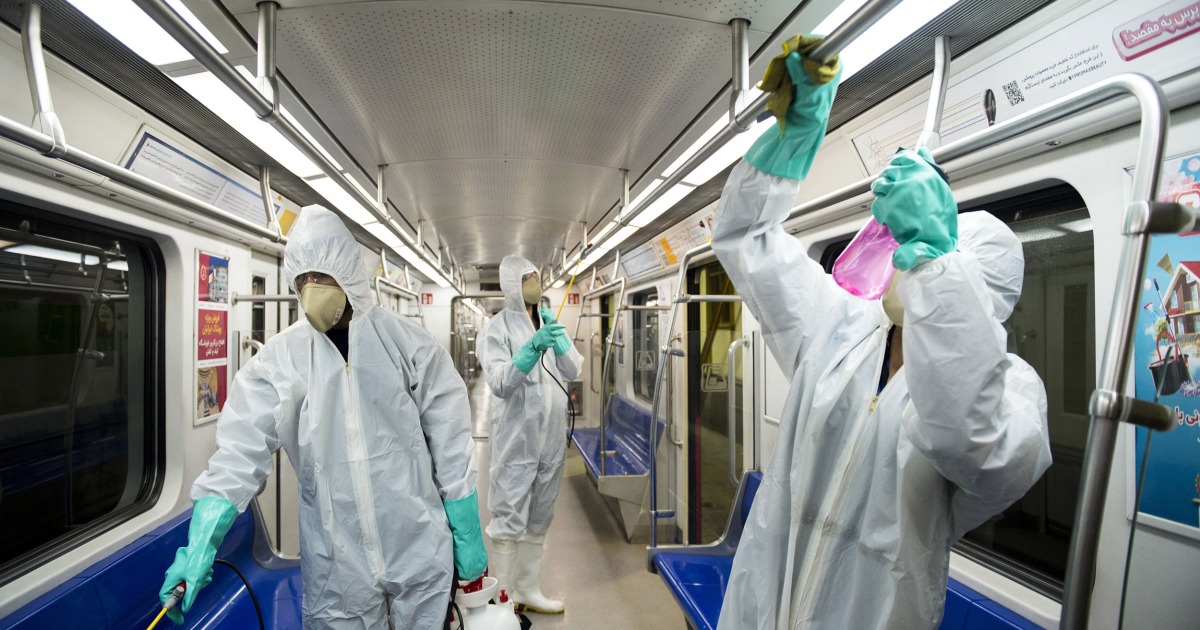What is Novel Coronavirus (COVID-19)?
Novel Coronavirus (COVID-19) is a new strain of coronavirus which may cause illness in animals or humans. In humans, several coronaviruses are known to cause respiratory infections ranging from the common cold to more severe diseases. First identified in a cluster with pneumonia symptoms in Wuhan city, Hubei province of China.
What are the symptoms of COVID-19 ?
The most common symptoms of COVID-19 are:
- Fever
-Tiredness
- Dry cough
- Some patients may have aches and pains, nasal congestion, runny nose, sore throat or diarrhoea. These symptoms are usually mild and begin gradually.
Note: Not everyone with a cold or upper respiratory symptom needs to get tested for COVID-19. Only a person with a symptoms and travel history can do the test. Additionally, most people (about 80%) recover from the disease without needing special treatment.
Is there any treatment for COVID-19?
The treatment of COVID-19 depends on enhancing the immunity level of patients, treating the symptoms and easing complications, as there is no specific treatment for the virus to date.
What are the ways to prevent the disease?
- Washing hands with soap and water or using alcohol-based hand rub kills viruses that may be on your hands.
- Maintain at least 1 metre (3 feet) distance between yourself and anyone who is coughing or sneezing.
- Covering mouth and nose with your bent elbow or tissue when you cough or sneeze. Then dispose of the used tissue immediately.
- Avoid touching your eyes, nose or mouth without washing your hands.
- Avoid shaking hands and wave.
- Avoid nose-to-nose greeting, hugging or kissing others.
- Avoid contact with animals (live or dead).
- Take enough rest and take a large amount of fluids.
